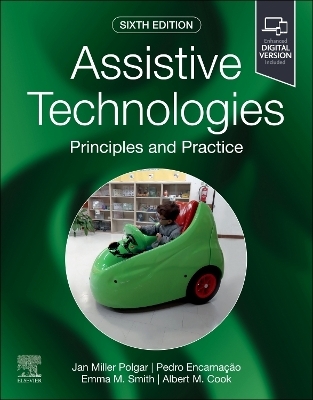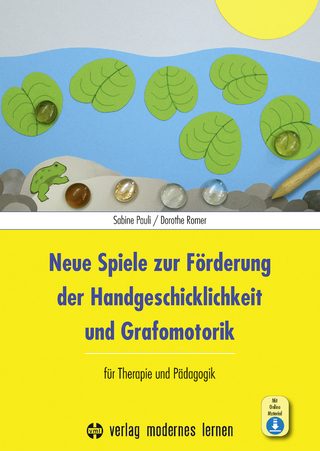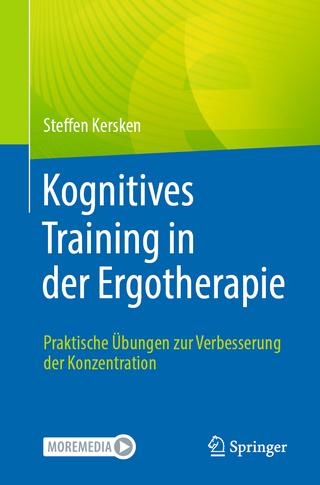
Assistive Technologies
Churchill Livingstone (Verlag)
978-0-443-10969-0 (ISBN)
NEW! Enhanced readability and navigation streamline content with a user-friendly layout for a smoother reading experience and quick reference
NEW! Enhanced focus on clinical reasoning and clinical decision-making processes in assistive technology service delivery
NEW! Updated information on autonomous features of wheelchairs and vehicles, electronic aids to daily living (including mainstream products), and robotics
NEW! Integration of global resources and guidelines on assistive technology and wheelchair provision, including the WHO/UNICEF Global Report on Assistive Technology and the WHO Wheelchair Provision Guidelines
NEW! Expanded content on global and sustainability issues related to the provision/development of assistive technology products and service delivery
NEW! Enhanced ebook version, included with every new print purchase, allows access to all the text, figures, and references, with the ability to search, customize content, make notes and highlights, and have content read aloud
Human Activity Assistive Technology (HAAT) framework locates assistive technology within common, everyday contexts for more relevant application
Explicit applications of the HAAT model in each of the chapters on specific technologies and more emphasis on the interactions among the elements make content even easier to understand
Focus on clinical application guides application of concepts to real-world situations
Study questions and chapter summaries in each chapter help assessment of understanding and identification of areas where more study is needed
Coverage of changing assistive technology needs throughout the lifespan emphasizes how assistive technology fits into different stages of people’s lives and contributes to their full participation in society
Principles and practice of assistive technology provide the foundation for effective reasoning
Ethical issues content offers vital information to guide assistive technology service delivery
Professor Emerita Janice Miller Polgar works at the School of Occupational Therapy, Faculty of Health Sciences, Western University, London, Ontario, Canada. Senior Affiliate Professor Pedro Encarnação works at Católica Lisbon School of Business and Economics, Universidade Católica Portuguesa, Lisboa, Portugal. Emma Smith works at the Assisting Living and Learning Institute, Maynooth University, Ireland. Professor Emeritus Albert M. Cook, Communication Sciences and Disorders, University of Alberta, Edmonton, Alberta, Canada.
1. Principles of Assistive Technology
2. The Human Activity Assistive Technology Model
3. Global Perspectives on Assistive Technology
4. Ethical Issues in Assistive Technology
5. Assistive Technology Service Delivery
6. Human-Technology Interface
7. Access to Mainstream Information and Communication Technologies
8. Mobility Technologies: Seating
9. Mobility Technologies: Personal Mobility
10. Mobility Technologies: Transportation
11. Manipulation Technologies: Aids to Daily Living
12. Manipulation Technologies: Robotics
13. Cognition Technologies
14. Augmentative and Alternative Communication Systems
| Erscheinungsdatum | 03.01.2025 |
|---|---|
| Verlagsort | London |
| Sprache | englisch |
| Maße | 216 x 276 mm |
| Gewicht | 690 g |
| Themenwelt | Medizin / Pharmazie ► Physiotherapie / Ergotherapie ► Ergotherapie |
| Medizin / Pharmazie ► Physiotherapie / Ergotherapie ► Orthopädie | |
| Technik ► Medizintechnik | |
| ISBN-10 | 0-443-10969-9 / 0443109699 |
| ISBN-13 | 978-0-443-10969-0 / 9780443109690 |
| Zustand | Neuware |
| Informationen gemäß Produktsicherheitsverordnung (GPSR) | |
| Haben Sie eine Frage zum Produkt? |
aus dem Bereich


